
- Article
- Article
The psychological impact of nuclear war
How would you hold up psychologically if a nuclear bomb was dropped? Discover the British government’s secret predictions from the 1980s.

- Article
- Article
The unearthly children of science fiction’s Cold War
In the 1950s a new figure emerged in British novels, film and television: a disturbing young alien that revealed postwar society’s fear of the unruly power of teenagers.

- Book extract
- Book extract
Inside the Cold War mind
Martin Sixsmith explores the competing national psyches of Russia and America, and a world divided between their irreconcilable visions of human nature.

- Article
- Article
Going viral in the online anti-vaccine wars
‘Anti-vaxxers’ are taking their message online using powerful images as well as words. But is the pro campaigners’ response any better?
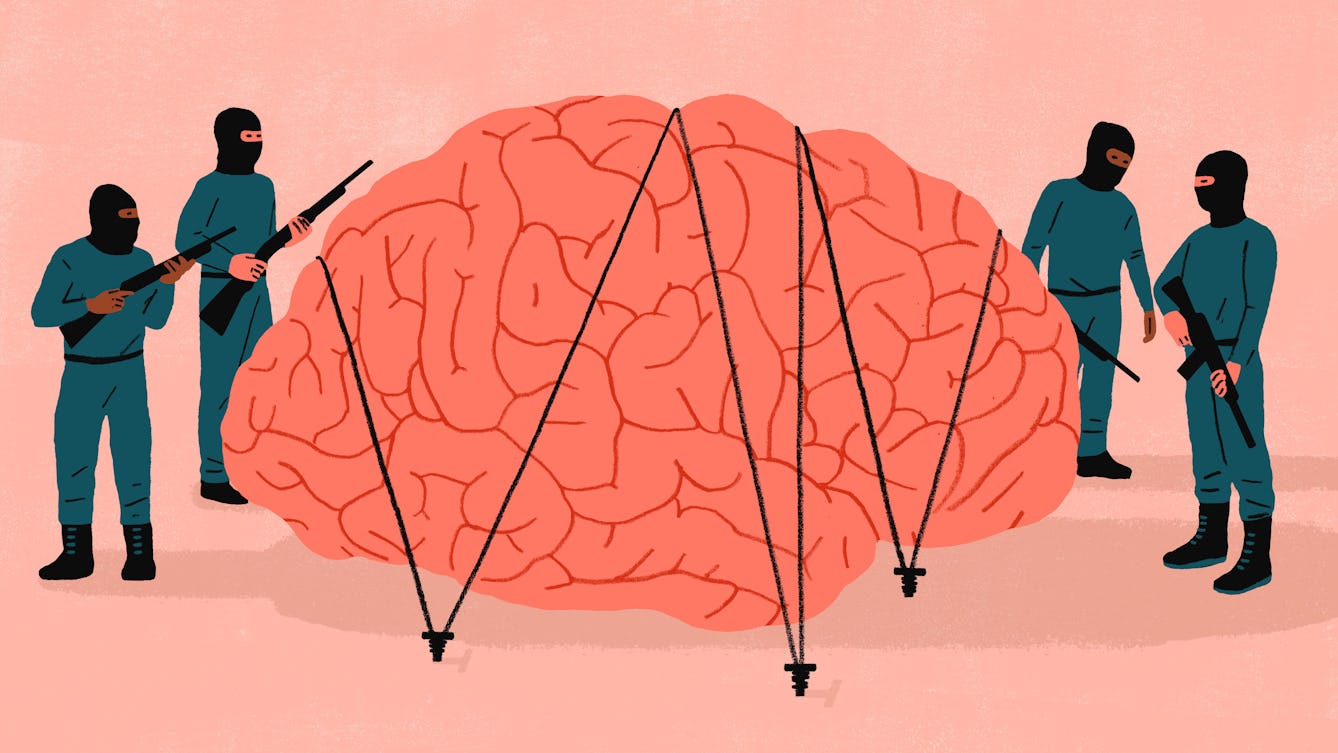
- Article
- Article
Can our minds be taken hostage?
It’s not unusual for captives to end up feeling strong bonds with their captors. But is it a matter of submission or survival?

- Article
- Article
Do good mothers make good democracy?
To be psychologically fit for democracy, one distinguished paediatrician argued that you need a ‘good enough mother’ – and that we must acknowledge the bad side of our feelings.

- Article
- Article
Dealing with the dead after a nuclear attack
Cold War-era predictions of death on a vast scale became routine. But the British authorities were less prepared to dispose of the bodies.
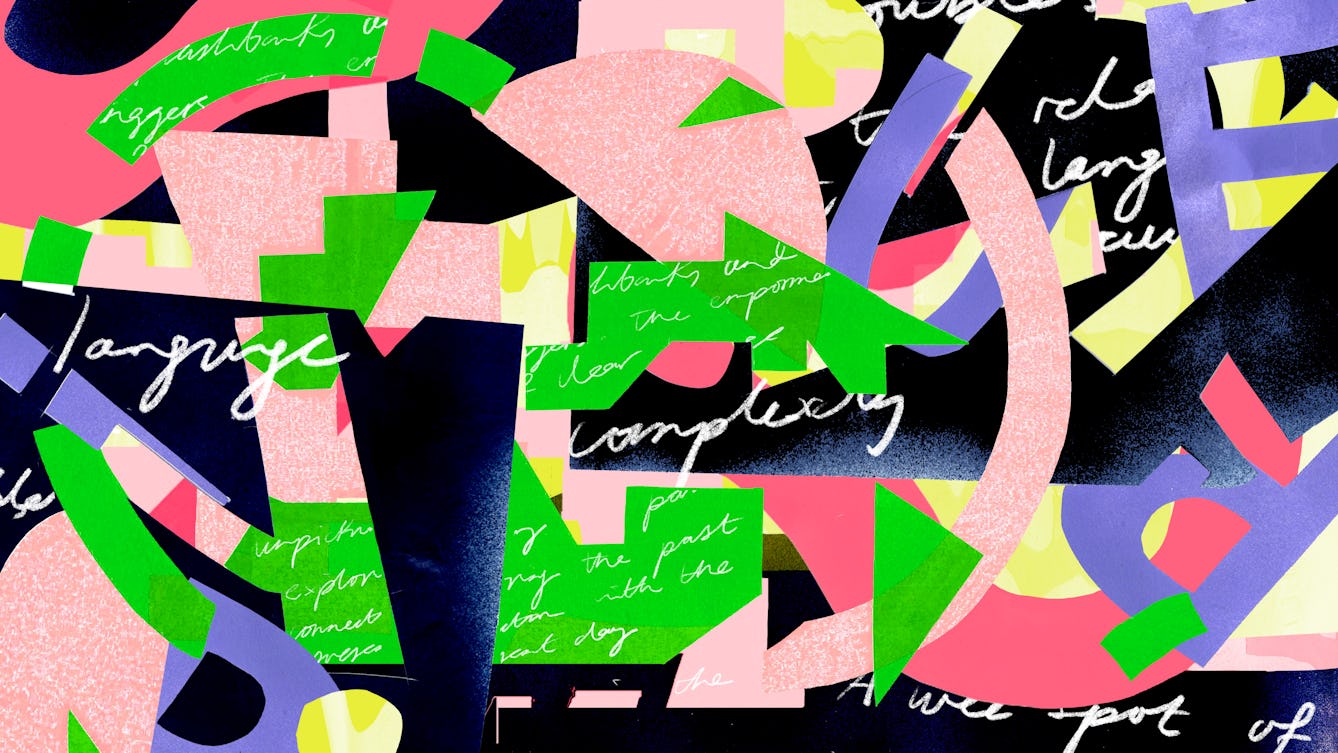
- Article
- Article
A wee spot of bother
Euphemisms can both appear to diminish experiences while at the same time making them easier to talk about. Carrie Hynds, who experienced the latter part of Northern Ireland’s “Troubles”, explores the relationship between language and trauma.

- Article
- Article
Lustmord and the three perspectives of murder
Artist Jenny Holzer's work shines a light on the three perspectives of sexual murder: the victim, the perpetrator and the observer.
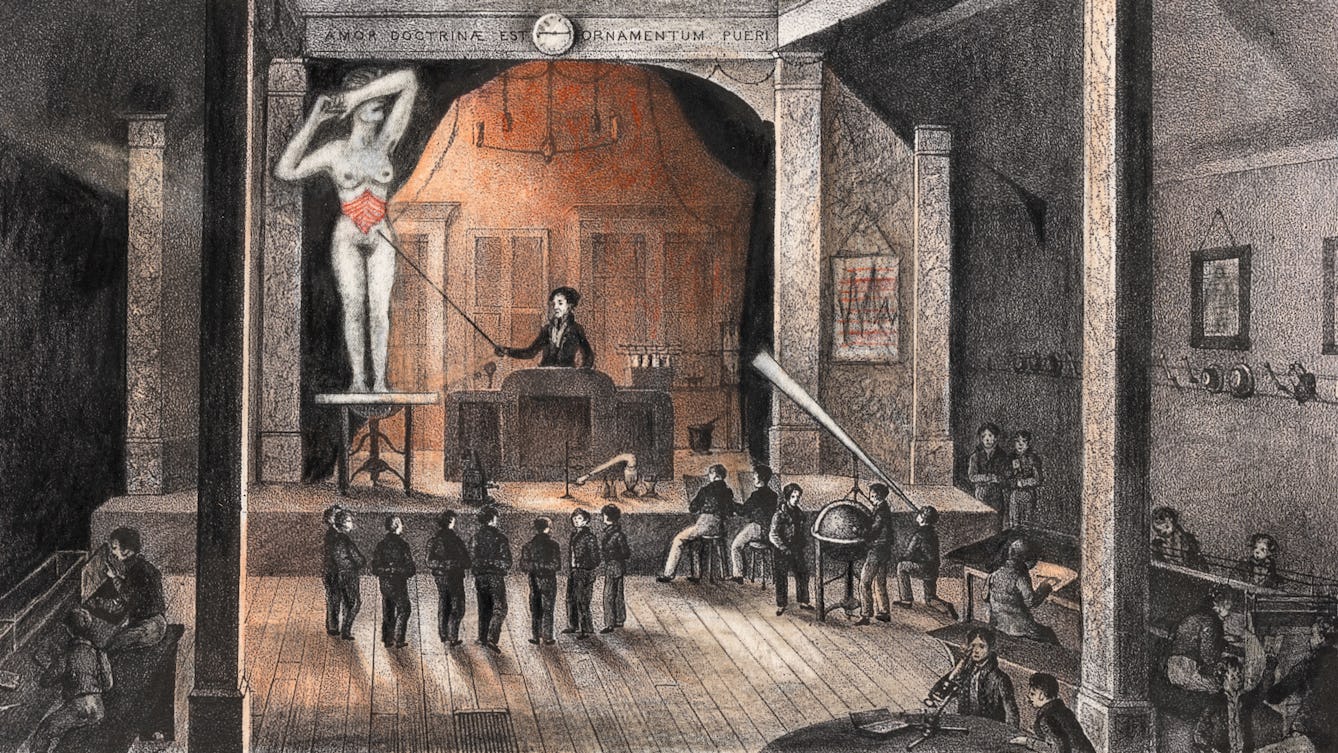
- Article
- Article
Getting the measure of pain
In the 20th century doctors tried to find a way to measure pain. But even when ‘objective’ measures were rejected, an accurate understanding of another’s pain remained frustratingly elusive.
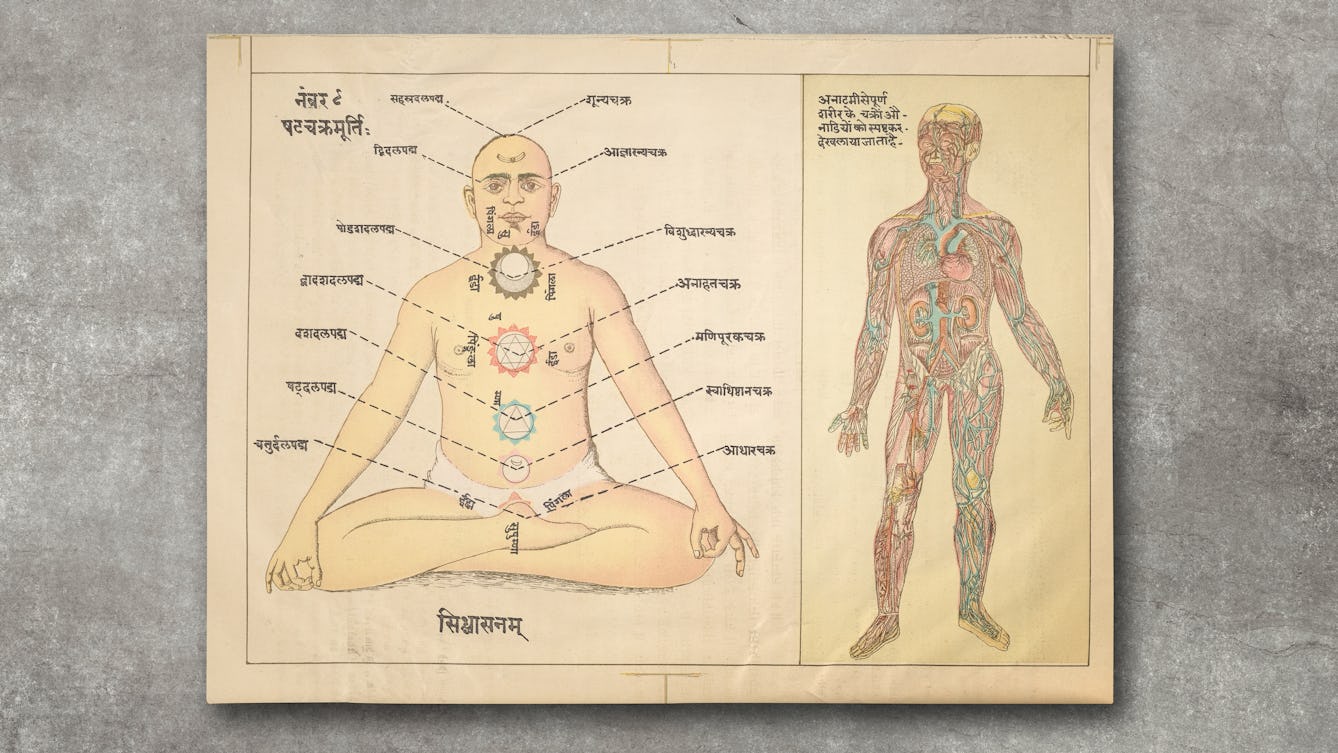
- Article
- Article
The healing power of breathing
The healing powers of different breathing methods are said to help with a range of health challenges, from asthma to PTSD. Effie Webb traces their spiritual origins and explores the modern proliferation of breathwork therapies.

- Article
- Article
A symbol of a lost homeland
The story of one protective amulet from Palestine reveals a complex tale. Encompassing the personal history of an influential doctor and collector, it provides a window onto dispossession and exile, and the painful repercussions that are still felt today.

- Book extract
- Book extract
Tracing the roots of our fears and fixations
Kate Summerscale explores the history of our anxieties and compulsions, and the new phobias and manias that are always emerging.

- Article
- Article
Rediscovering Margaret Louden, a forgotten NHS hero
Bored during lockdown, David Jesudason started bin diving at night. Then a chance discovery set him on a new path: to tell the story of a forgotten female surgeon.

- Article
- Article
Fleeing fear, defying prejudice
As teenage refugee Sedra Al-Yousef grappled with rebuilding her life and education in another country, at the same time she used compassion and humanity to demolish populist anti-refugee myths.

- Article
- Article
How can we prevent violence?
Evidence shows that strategies to prevent some types of violence can be very effective, while other, less well-acknowledged forms continue unabated. But hope can still guide us into a more peaceful future.

- Article
- Article
The unimprovable white cane
Recent technological additions to the white cane aim to make the world easier for visually impaired people to navigate. Alex Lee explores whether new is really better.
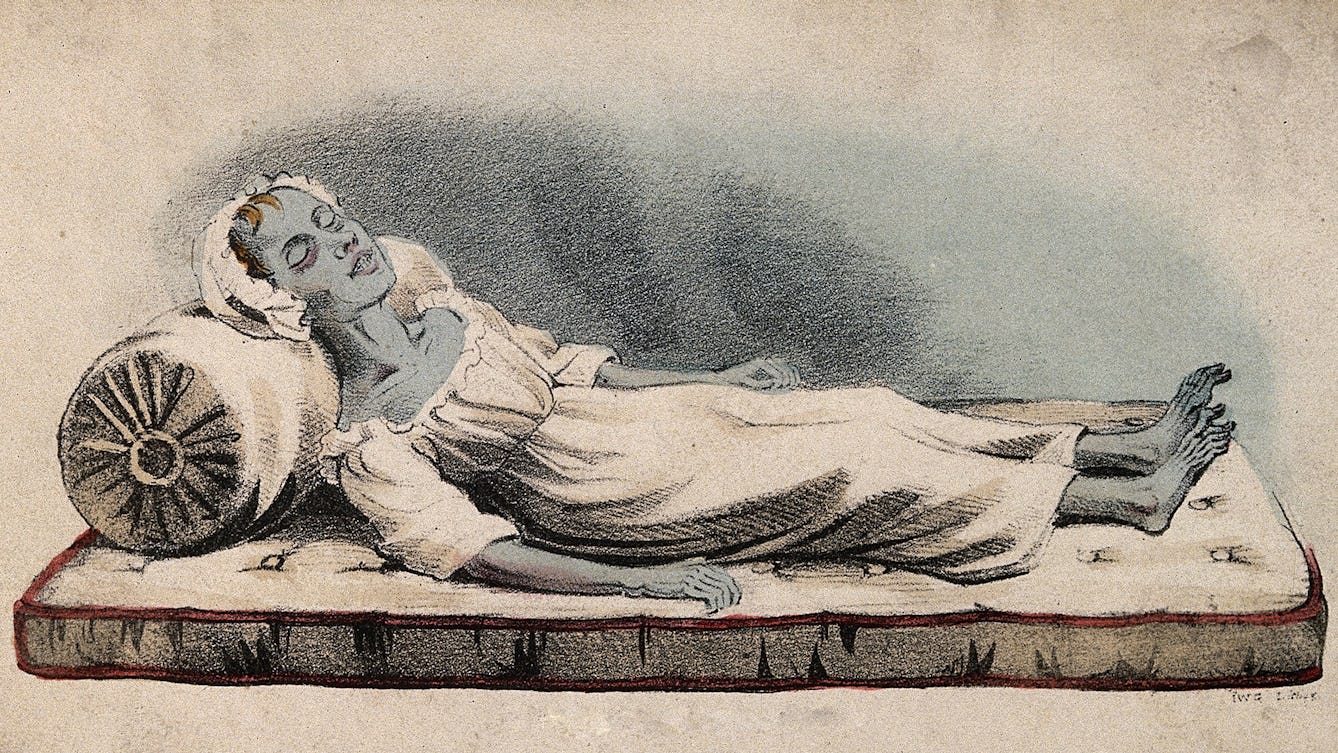
- Article
- Article
The colonist who faced the blue terror
India, 1857. In a British enclave, Katherine Bartrum watches her friend, and then her family, succumb to the deadly cholera.

- Article
- Article
When you can’t return home
Migrants and refugees cannot choose to return home, so homesickness becomes a profound and long-lasting feeling. This powerful force infuses migrant cultures, and is rarely given the serious attention it warrants.
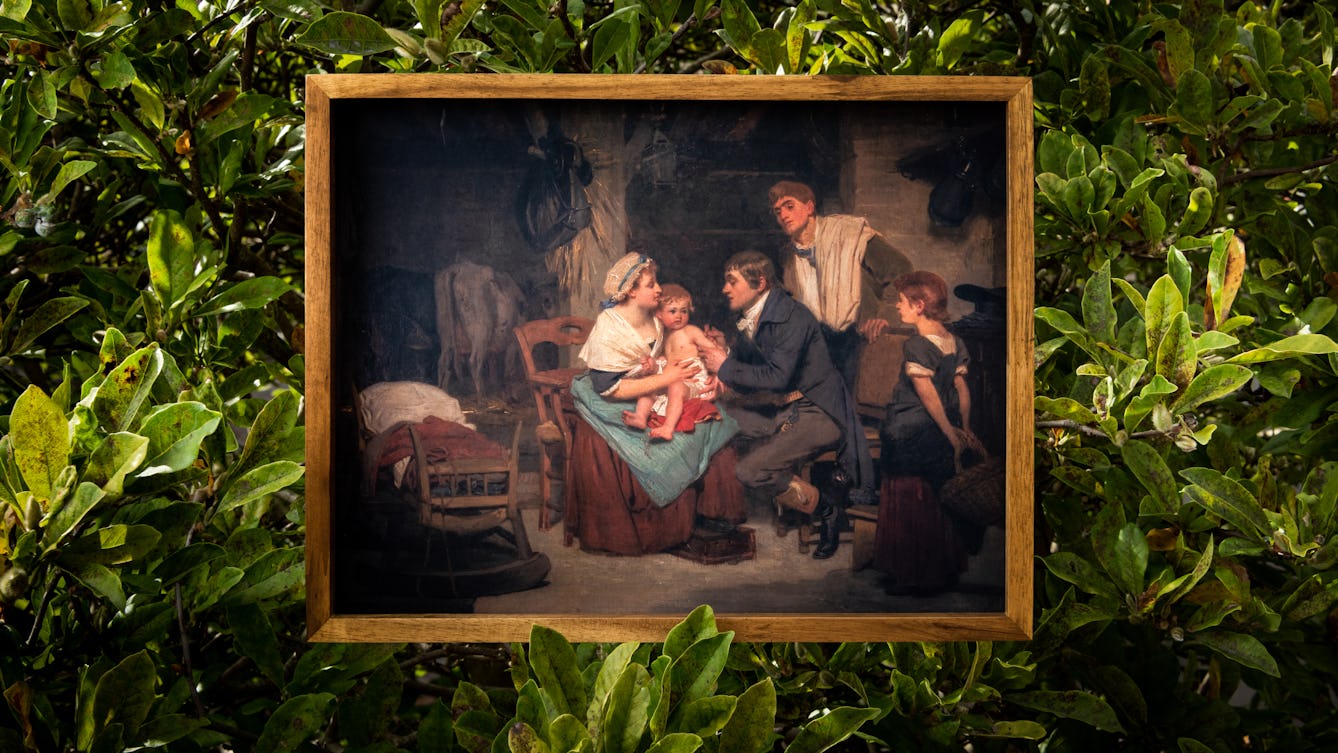
- Article
- Article
Cowpox, Covid-19 and Jenner’s vaccination legacy
The well-known story of vaccination pioneer Edward Jenner has at its heart his drive to make vaccines free of charge and available to all. Now his principles extend to the global campaign for a people’s patent-free vaccine for Covid-19.
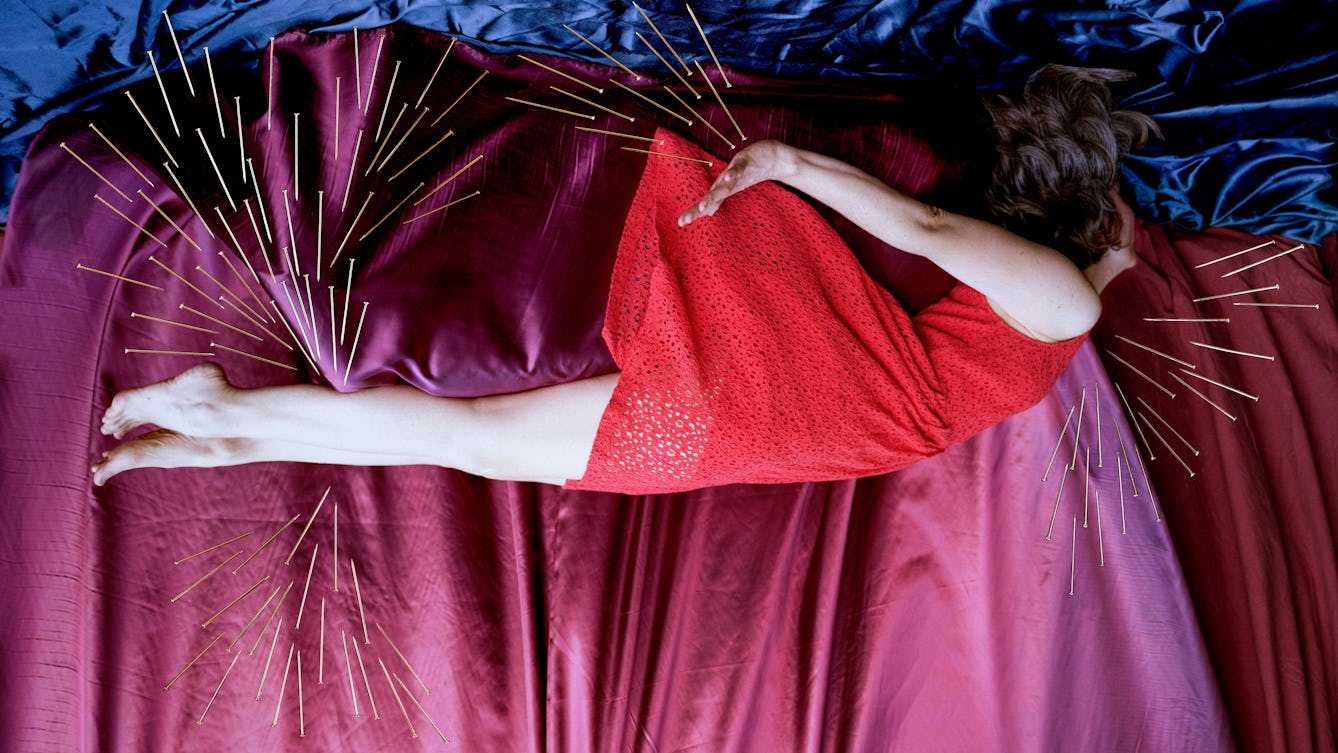
- Article
- Article
Where does violence come from?
The popular understanding of certain ideas in psychology have become so embedded that it’s easy to blame the parents when a young person commits a crime. Laura Bui looks to the past for evidence.

- Article
- Article
Rose Mackenberg’s deceptive activism
Discover how a New York private investigator became part of Houdini’s mission to expose the fraudulent mediums making money from their vulnerable, grieving clients.

- Article
- Article
Duelling doctors
An enduring enthusiasm for 18th-century gentlemen to defend their ‘honour’ by duelling placed doctors in a delicate position. Specially when they faced being shot themselves.

- Article
- Article
How trauma affects the body and mind
The long and devastating aftermath of an attack have given writer and broadcaster Bidisha unique insight into the suffering of other victims. Here she explores survival and healing in those who have experienced trauma.
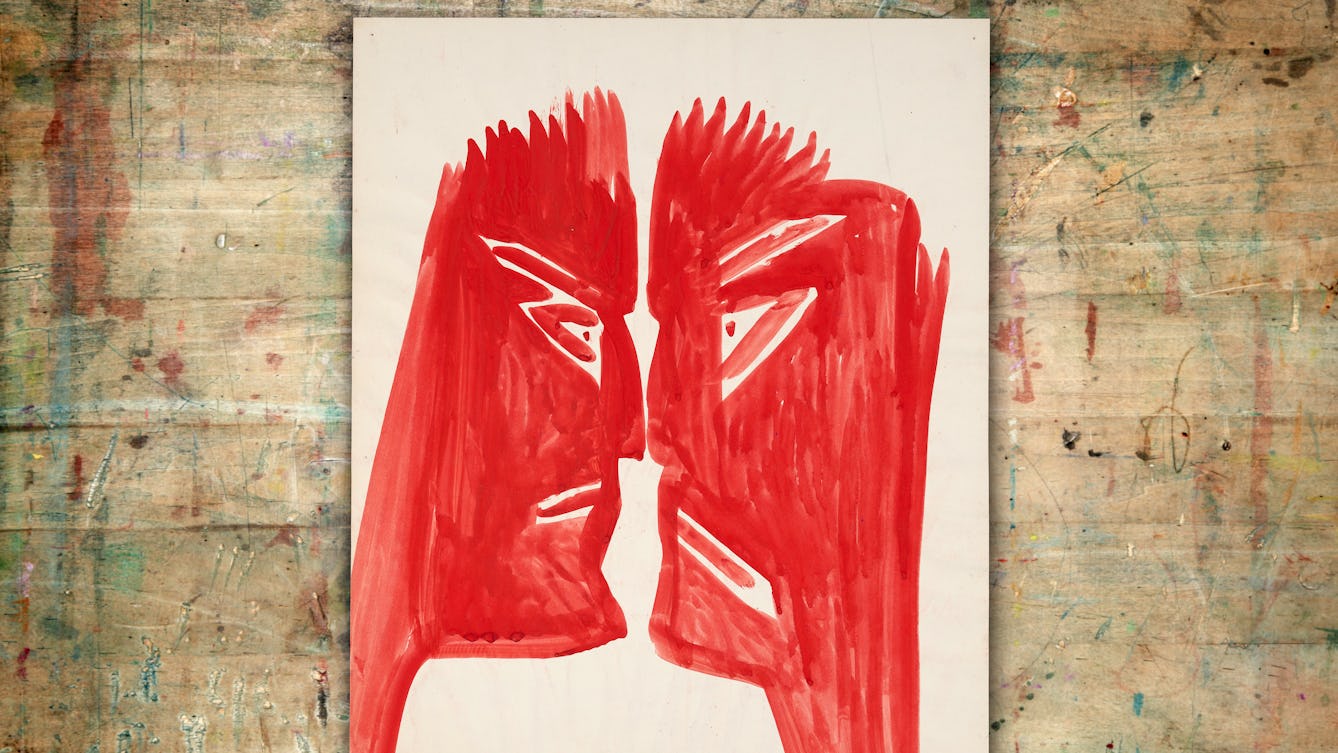
- Article
- Article
Mary Bishop and the surveillant gaze
Writer and artist Rose Ruane explores the paintings of Mary Bishop, created during a 30-year stay in a psychiatric hospital, which speak of constant medical surveillance and censorious self-examination.